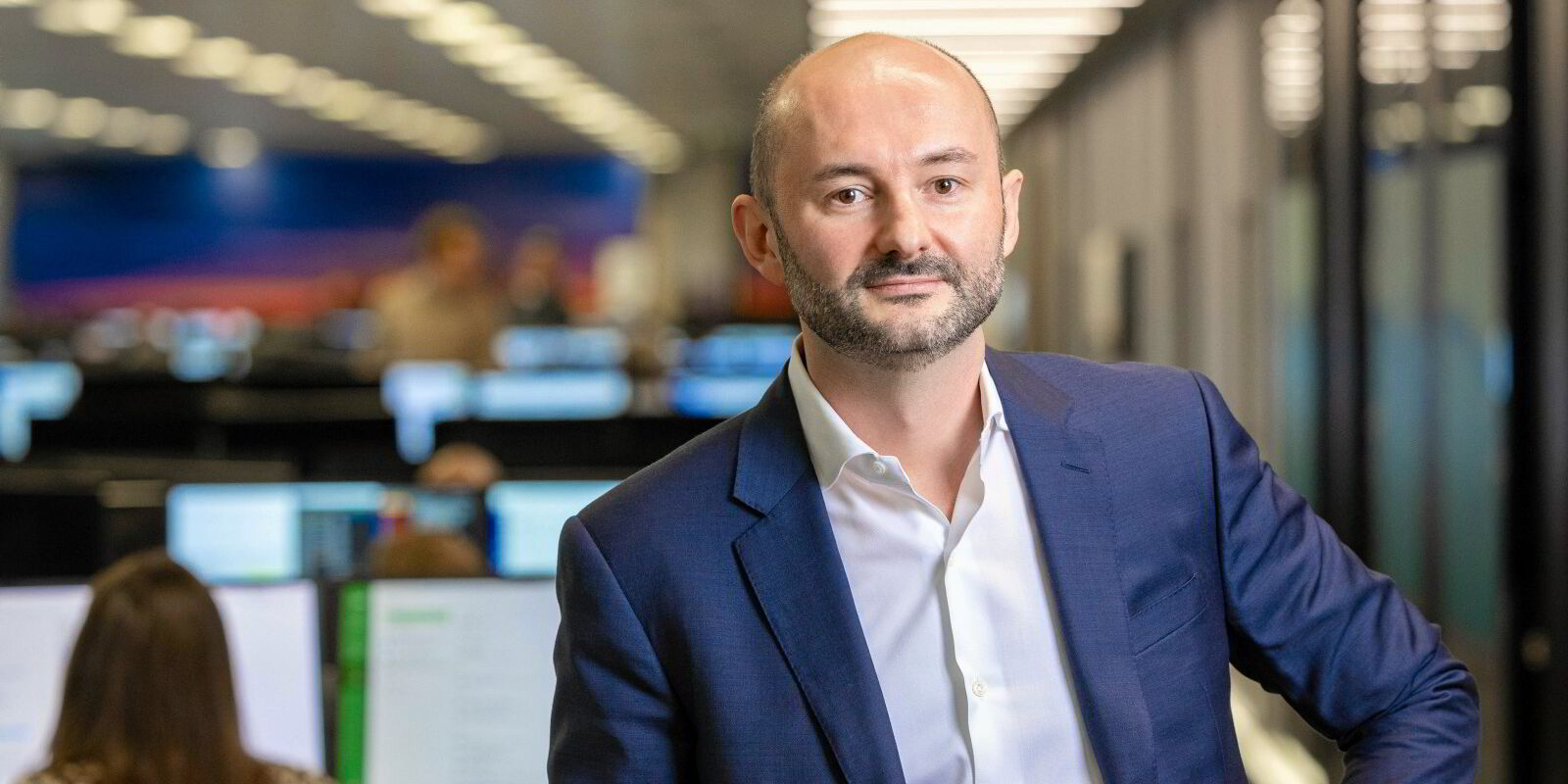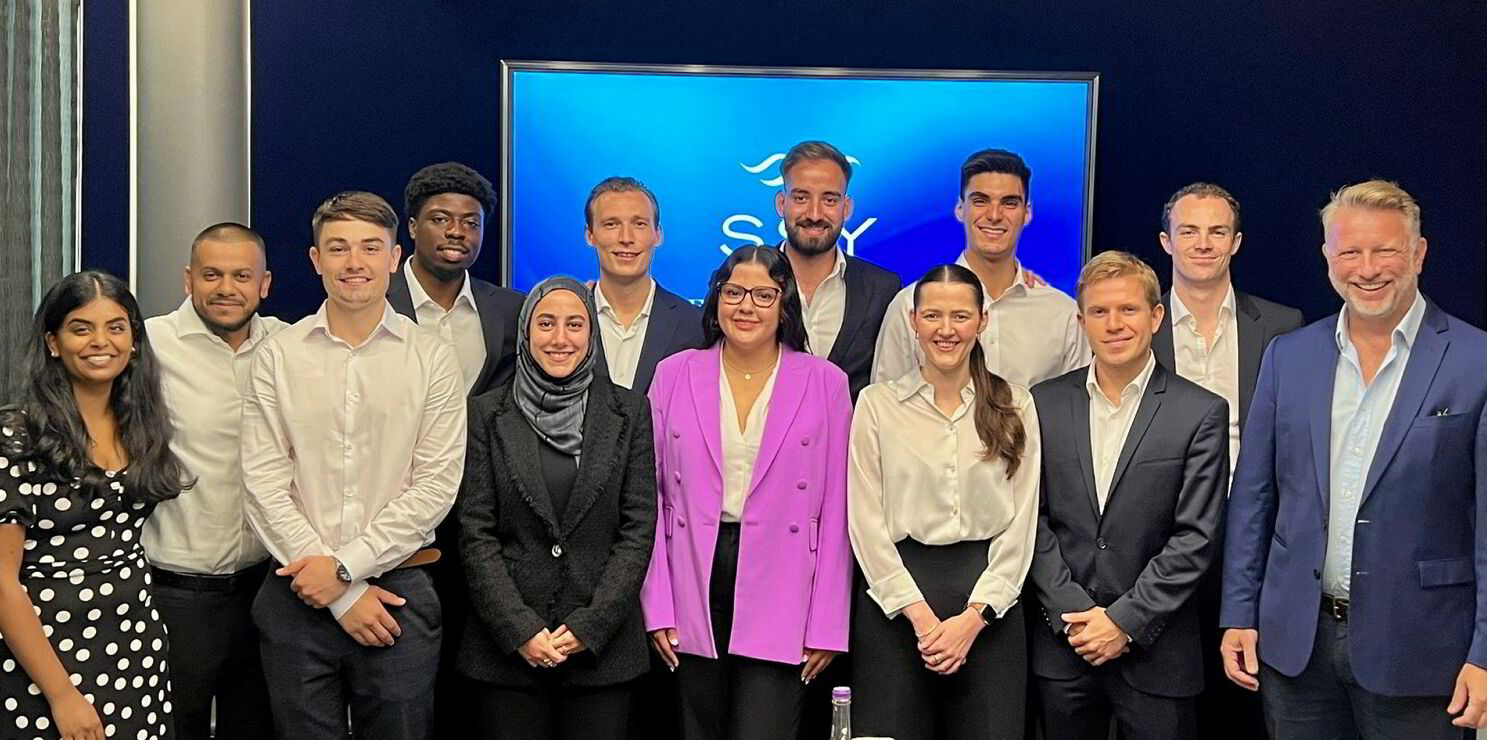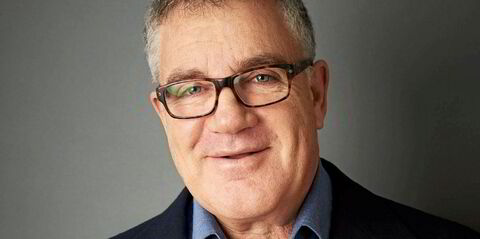SSY has been taking steps to address the progression of women through its ranks and has hit upon an unusual problem.
Its Singapore office, which employs around 120 people, has had no problem attracting and retaining women, achieving a nearly 50/50 gender balance.
But in contrast, women are still significantly outnumbered at its offices in the West.
The task now is to figure out how to replicate the success of Singapore across SSY’s global network.
Its trainee programme, which kicked off this year in London, has been one of the ways the company has been bringing in fresh talent, including women.
Managing partner Stanko Jekov said: “We took 10 trainees and half of them were women.”
“I’d say that I was very impressed by the calibre of applicants, the calibre of the women that applied. It made it very easy for us.”
SSY has also tweaked maternity benefits for its female employees and this year introduced health insurance.
“Women shouldn’t feel like they’re losing out by having children,” Jekov said.
TradeWinds’ survey of female shipbrokers earlier this year identified a desire for better maternity and health benefits.

Some respondents said they felt it is hard to keep clients when taking time off for maternity leave or to care for family. Others said they feared losing clients or possibly not having a job to come back to after maternity leave.
“No chance. That would not happen [at SSY],” Jekov said.
“How do you intend to have women in your business if you’re going to give their clients to someone else?
“At the end of the day, if you want to have more women in the business, you have to be an attractive workplace for them.”
SSY still does not have a female partner, but Jekov is waiting for the right person.
“If the right candidate was here, nothing is stopping that from happening,” he said.
He sees it happening “within three to seven years”.




